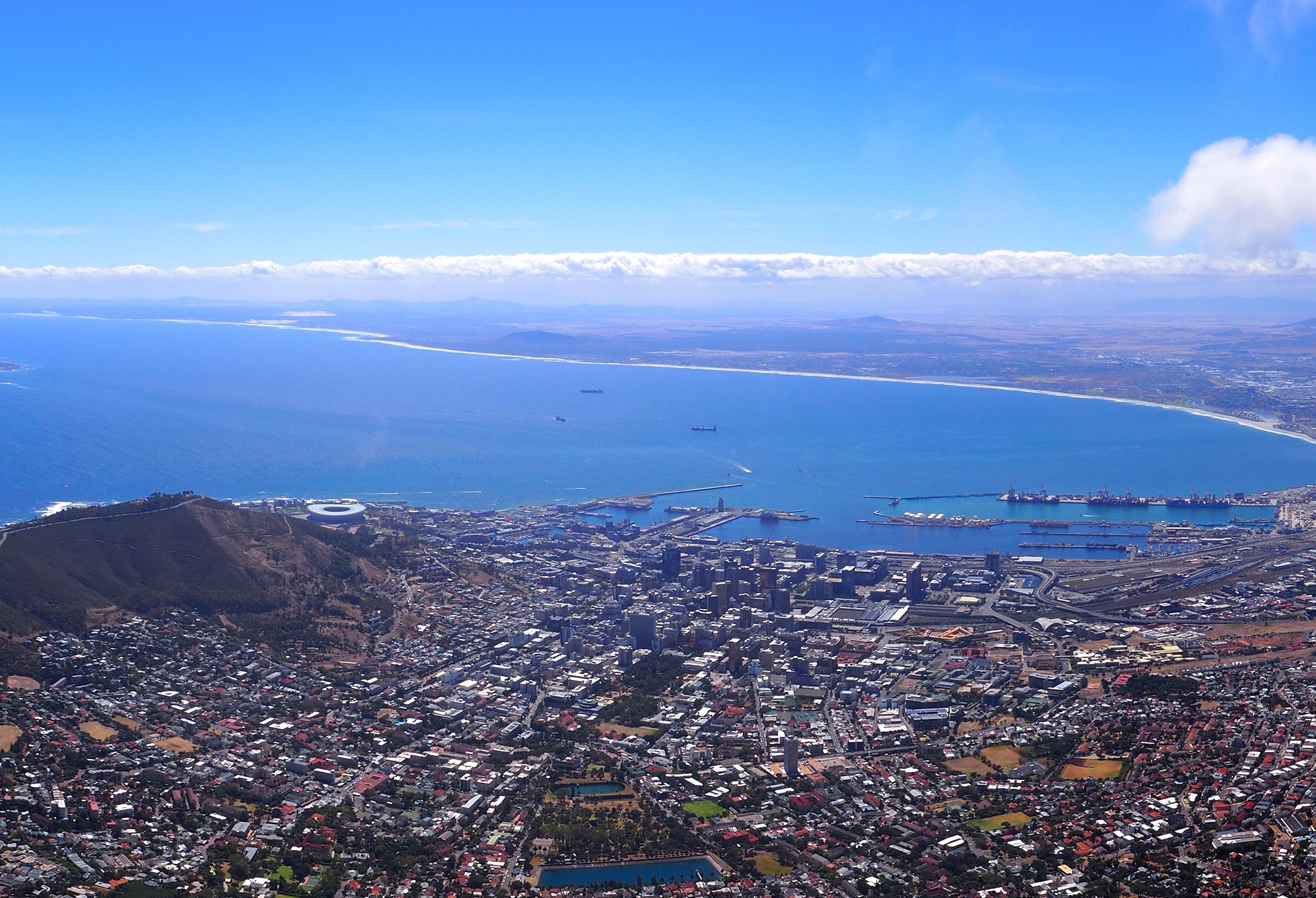Why I think DFC’s Scholarship Programme is useful
17-12-18

Cape Town faces an uncertain future over water. The DFC Scholarship Programme course “Water Sector Governance – the Danish model” opened new worlds for me on how we can manage our water resources in a more sustainable way, writes Nicolette Vermaak. She works as a geohydrologist for the Department of Water and Sanitation in Western Cape, Cape Town.
By Nicolette Vermaak
We were a team of 25 persons from China, Kenya, Turkey and South Africa and we all met for the first time on the morning of 27 September 2018. We were strangers to each other, coming from different backgrounds, different countries and working with different challenges. The one commonality was that we were responsible for managing water resources and we were there to learn.
We were introduced to the course content, the main course presenters and the people at Danida Fellowship Centre on that first morning. Our activities for the Thursday and Friday were basically tailored for us to get to know each other and to begin sharing our individual challenges.
We learnt about water resources management
During the weeks that followed, we learned about different facets of water resources management in the Danish context. We also had the opportunity to compare it with our own situations and find applications for the principles within our own challenges. We spent time in class listening to lectures, doing exercises in groups or individually. We went on site visits and interacted with so many different people during our time in Denmark. We were kept busy, but we also had some free time to explore the area and to interact with people in a more social setting. Week 7 came far too quickly for some of us.
New view on water value chains
When I initially looked at the course content, I thought that I would only benefit from the material presented in the first 4 weeks. I work at the national level where we are responsible for water resources management. The moment it reaches the municipality, it is no longer my concern – at least that is what I thought.
This course has made me view the water value chain differently. It made me realise that wastewater and storm water is an important part of the water value chain that can become a resource. This was especially important since implementing managed aquifer recharge (MAR) as an adaptive management strategy to augment groundwater resources forms part of my challenge.
More than just theory
The material presented in the course was not all new. I had heard of some of it before or read it in articles. The difference was that I now saw the implementation of these water resources management strategies; it was no longer just theory. It opened new worlds for me on how we could manage our water resources in a more sustainable way. It made me eager to see how I could implement what I had learned.
Nicolette Vermakk manages the groundwater resources in the Berg catchment area, Western Cape.
Go back to our stories